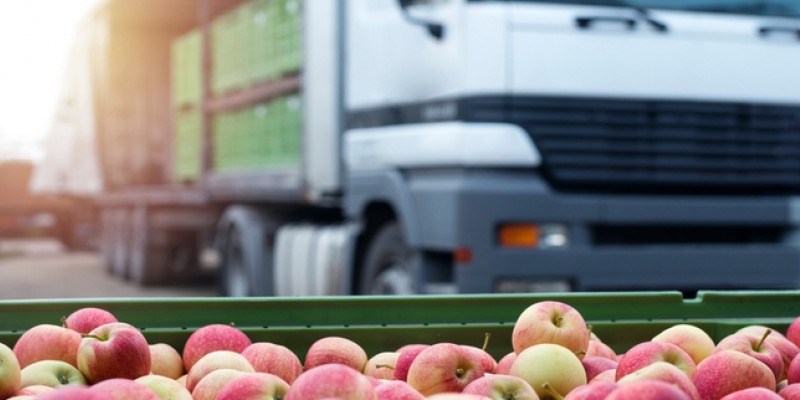
After the end of the transition period, the requirements on exporting food and drink products to the EU will change. If there is a deal before the 2021, we still do not know exactly what it will look like. However, the following advice will probably apply if there is a deal, and will certainly apply if there isn’t one.
Before getting into the nitty-gritty, the first thing to consider is tariffs. If there is not a deal, then tariffs on products entering the EU will apply. You can check whether there will be tariffs on your products in a no-deal situation, and what they will be, here (use the United States in lieu of the UK as the EU and USA do not have a trade deal). You will need to know your commodity codes.
Food imported into the EU must comply with:
- The relevant requirements of food law, or
- Conditions recognised by the EU to be at least equivalent, or
- Where a specific agreement exists between the EU and the exporting country, with requirements contained therein.
After the end of the transition, the UK will be a third country. This means that EU law may require changes to labelling of UK food and drink goods sold in the EU. Examples for such requirements include the following:
- Mandatory origin labelling of a food product, where applicable.
- Mandatory labelling of the business name and address of the EU importer of food from the United Kingdom.
- Mandatory health or identification marks. After the end of the transition period, the health mark or the identification mark is no longer to include the "EC" abbreviation, but is to include the name of the country (in full or with the ISO two-letter code) where the establishment is located and the approval number of this establishment.
- Other mandatory information, such as relating to farming methods and marketing standards: this includes packs of imported eggs, eggs for hatching, packs containing day old chicks, and wine.
The EU will require an EU-based address on the product label, whether that is a Food Business Operator (FBO) or their representative (often importers/ distributors).
- You should talk to your current distributor in the EU to discuss labelling requirements and their obligations.
EU differentiates between requirements on importation of food from animal and non-animal origin.
Food of non-animal origin
- Be aware that an importing food of non-animal origin has legal responsibility to ensure compliance with the relevant requirements of EU food law or with conditions recognised equivalent thereto by the EU.
Food of animal origin
- Checks on animal-origin food are more stringent than those of non-animal origin.
- This includes such rules as compliance with the animal health requirements of Council Directive and (where applicable) health or identification marks and a certificate issued by the representative of the competent authority of the third country (UK), Comply with the animal health requirements of Council Directive.
- EU food law requires that the competent authority of the exporting country (UK) offers guarantees as to the compliance of EU requirements.
Business West is providing more detailed services to help companies prepare for Brexit. If you would like to discuss these further please contact Rohan.
- Log in to post comments
